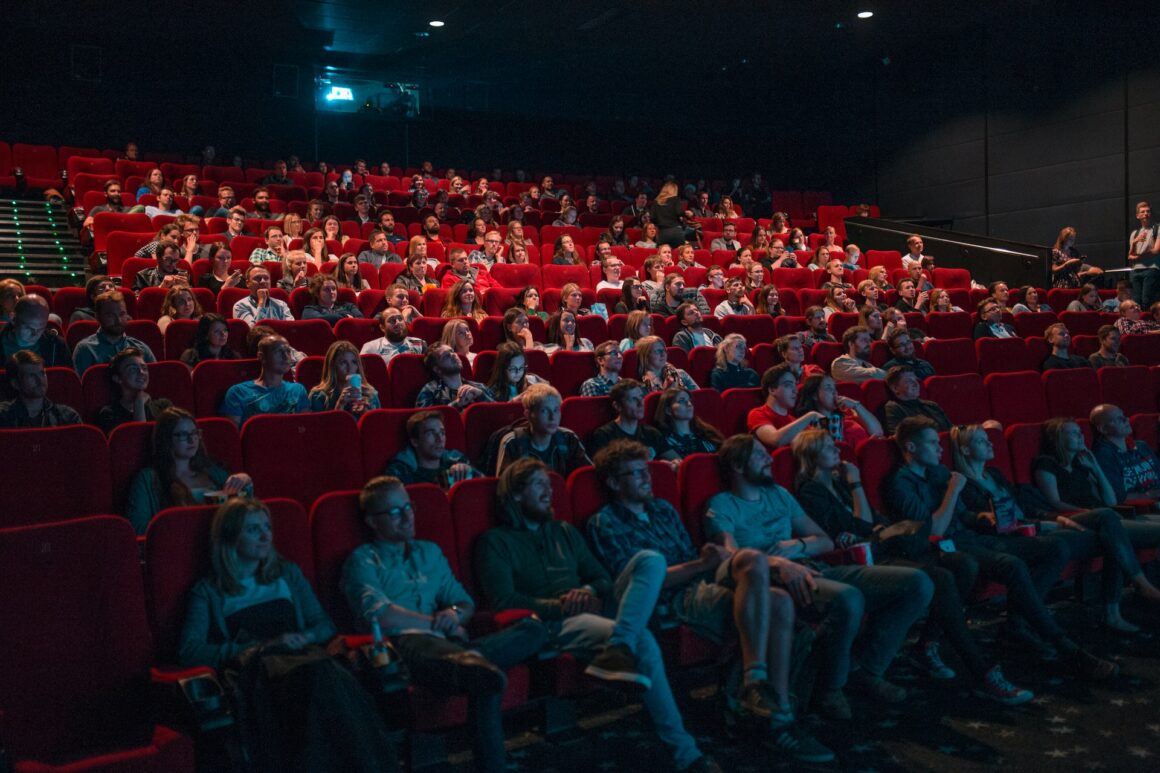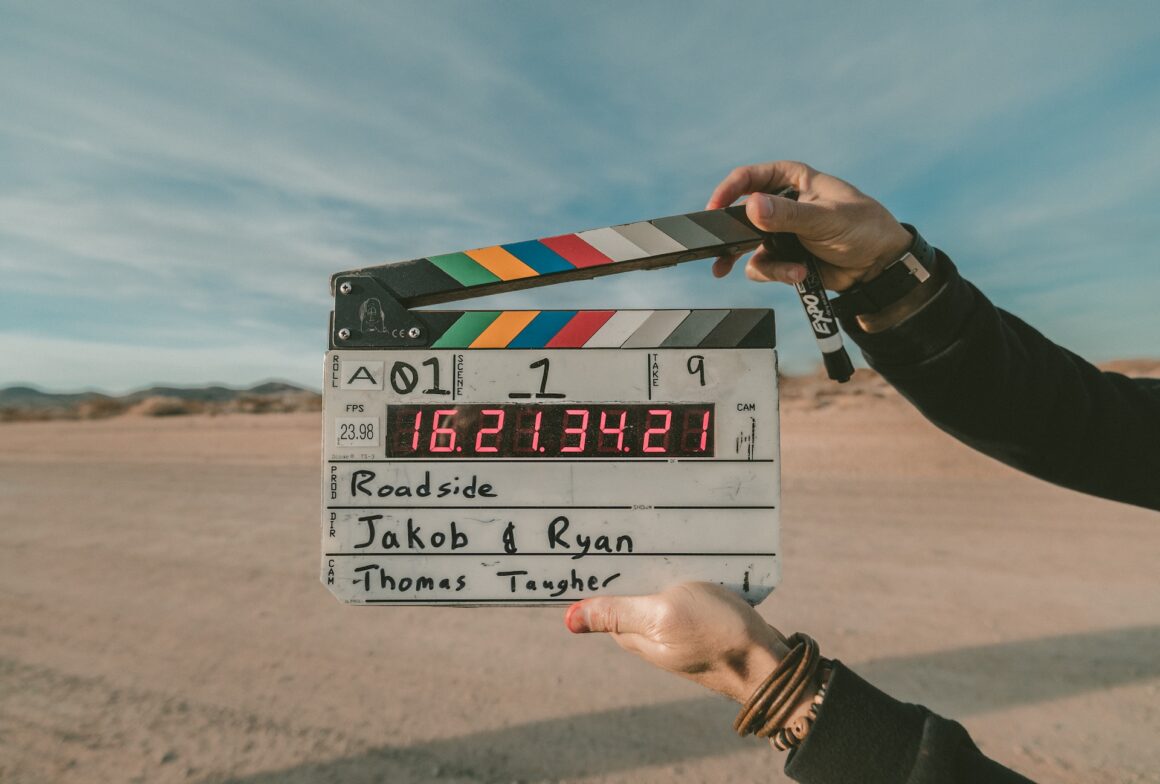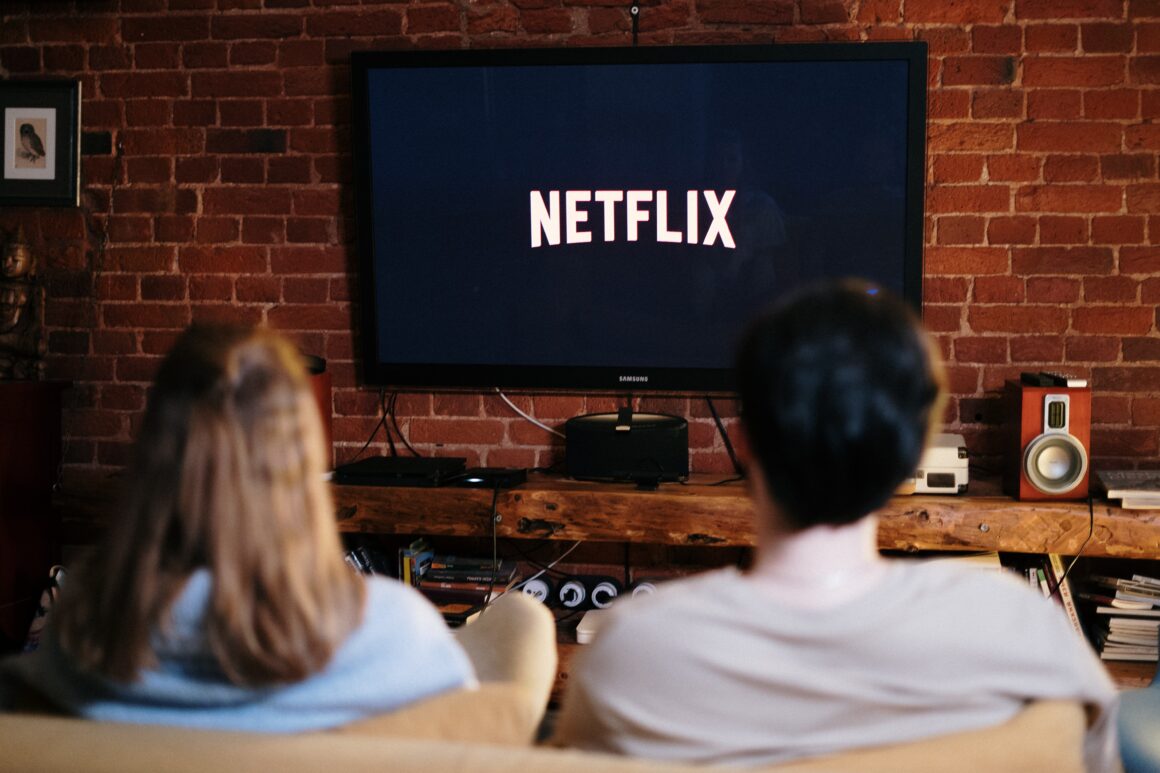Unless you’ve been living under a rock, Fresh Prince has been publicly raved about since 1990 and before I put it on my Netflix list, I really had no interest in it. I thought the hype was about nothing. That’s where eating my words comes in, I was so wrong. I never realized how important this show is and how it’s relation to the breaks in society is still applicable today.
To begin with, Fresh Prince introduces us to Will and before he really says anything, as an audience we believe he will live up to his stereotype. This isn’t because the audience is prejudice, it is because the producers and writers set us up to believe he is part of the stereotype. Will walks, talks and dresses like his stereotype, even his title sequence highlights this. The presumption of Will’s character stems mainly from the contrast between him and the world he has just stepped into. Will’s stereotypical nature is automatically challenged by the Bank’s non-stereotypical form. All the characters within the universe of Fresh Prince play a part in portraying the idea of the producers. It’s as simple as ‘don’t judge a book by it’s cover’. This is shown both by Will and the Banks family, allowing us as audience members to sit back and watch character development. Although the Banks family challenges the stereotype, Will is the main character that is focused on within this area. He grew up in Philadelphia, in a rough area, raised by a single parent, all of these things are stereotyped to produce failures and that’s what everyone believes Will will be, a failure. The universe of Fresh Prince also sets Will up to act up to the stereotype, however, he doesn’t. Will has a kind nature to him, he quickly learns right from wrong, possibly being the biggest character development within the plot. Other than Mrs. Banks who manages to change faces between the 3rd and 4th series.
Fresh Prince is important, not only to me but to a whole generation of people. It highlights the journey that black people have been fighting to become equal for decades. Contrary to a lot of people’s belief, racism is still a major issue around the world today, it is becoming more frequent and prominent within higher authorities and is becoming widely accepted once again. In the 1990’s racism would have been even worse, so for Fresh Prince to air and publicly announce this to more than one generation of people was clever and possibly dangerous. The highlighting of the injustice of the real world within Fresh Prince has an immortal effect. No matter what there will always be some sort of injustice. Fresh Prince dealt with racism by raising awareness not only about black rights campaigns at the time but black rights activists and black history. Coming from an English background, we do not take Black History Month as seriously as we should, our black history month is October. We literally do nothing to celebrate Black History or to really learn about it. It doesn’t often crop up onto our school syllabus and in all honesty, we’re probably very uneducated about it. I desperately want this to change because it seems to be that our extent of learning about Black History is learning about Slavery. Fresh Prince’s concepts and issues have projected themselves into our days, either that or we are slowly regressing back to a time where women and anybody who wasn’t white, did not have any rights. (Let’s pray that this does not happen and we do not end up in a dystopia).
What I am trying to say is that yes Fresh Prince is a comedy, it is a ‘coming of age’ story, it is a teen show, but seriously, it has produced a lot of meaningful problems that as a society we can take away and learn from. We could all learn something from Fresh Prince, whether it is family morals, equality or just how to be as sarcastic and on the ball as Will, Fresh Prince is full of lessons itching to be taught. That’s why we need to be Saving Mr. Banks, and his family, we need to promote the importance of living equally and learning from our past in order to protect our future.




